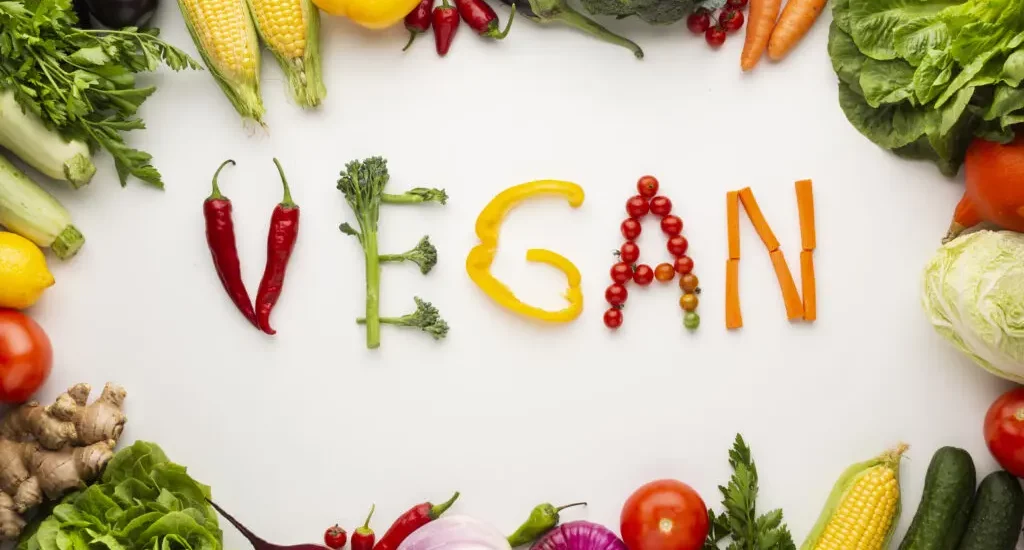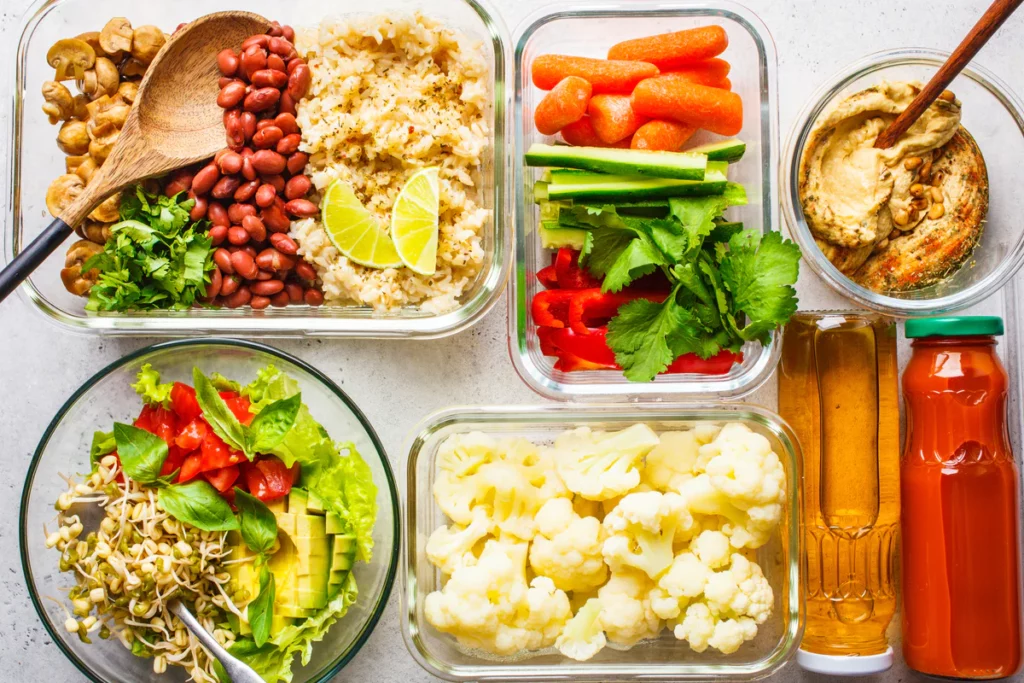

wordpress-seo domain was triggered too early. This is usually an indicator for some code in the plugin or theme running too early. Translations should be loaded at the init action or later. Please see Debugging in WordPress for more information. (This message was added in version 6.7.0.) in /home/sehatnagar.com/public_html/wp-includes/functions.php on line 6114
Embarking on a journey towards weight loss can be both exciting and challenging, especially when adopting a vegan lifestyle. However, fear not, as a well-structured vegan meal plan for weight loss can help you achieve your goals while ensuring you receive the necessary nutrients for optimal health. In this article, we will provide you with a comprehensive guide to creating an effective vegan meal plan for weight loss. So, let’s delve into the intricacies of combining the principles of veganism with a strategic approach to weight loss.

Veganism involves abstaining from all animal products. This includes meat, dairy, eggs, and even honey. Many individuals turn to a vegan diet for various reasons, such as ethical, environmental, and health concerns. When it comes to weight loss, a vegan diet can prove to be highly effective. This is primarily due to its emphasis on whole plant foods, which are generally lower in calories and saturated fats.
When crafting your vegan meal plan, it’s essential to consider a balance of carbohydrates, proteins, and healthy fats. Begin by choosing complex carbohydrates, which can be found in foods like whole grains, legumes, and starchy vegetables. In terms of proteins, opt for lean plant-based sources such as beans, lentils, tofu, and tempeh. Lastly, ensure you include sources of healthy fats in your plan, such as avocados, nuts, and seeds.
While plant-based foods are indeed lower in calories, it’s important to remember that portion control remains crucial. To effectively support weight loss, it’s advisable to closely monitor your portion sizes. This practice will ensure that you’re consuming an appropriate and balanced amount of calories.
Opt for nutrient-dense foods as the foundation of your vegan meal plan. These foods supply essential vitamins, minerals, and fiber that contribute to your overall health. To achieve this, aim to incorporate a wide array of colorful vegetables, vibrant fruits, and wholesome whole grains. This diverse selection of foods will effectively ensure that you’re fulfilling your nutritional requirements.
Drink plenty of water throughout the day. Water can help control your appetite and support your metabolism.
A vegan meal plan for weight loss goes beyond just cutting out animal products; it involves strategic planning to ensure proper nutrient intake while fostering a calorie deficit. Remember that individual preferences and requirements vary, so it’s essential to tailor the meal plan to suit your needs. Consultation with a registered dietitian can provide personalized guidance to make your weight loss journey both successful and sustainable. By embracing the principles of a balanced vegan diet, you can achieve your desired weight loss goals while nurturing your overall well-being.